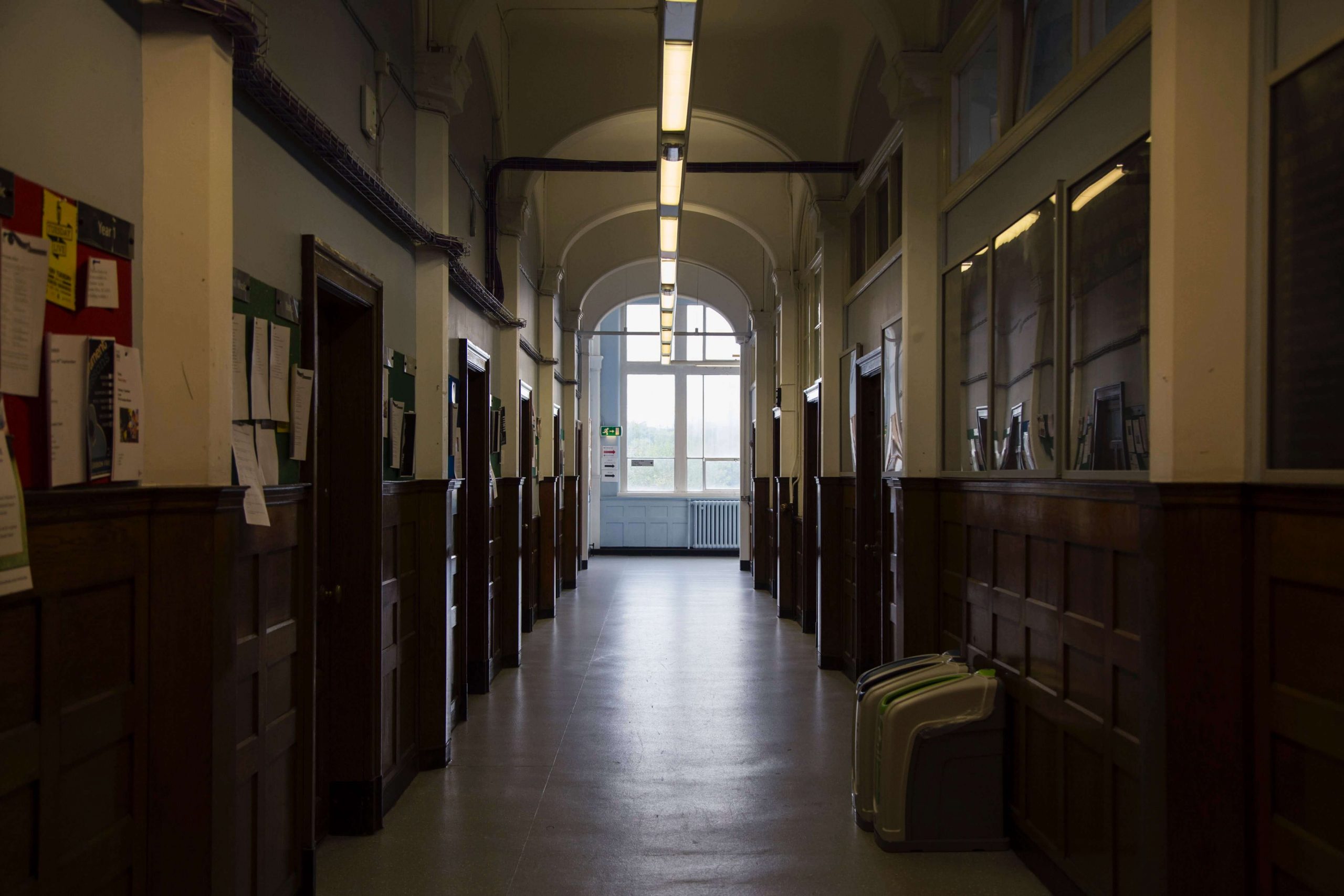
How does the CIF Appeals process work?
Securing the necessary funding for crucial infrastructure projects can prove to be a complex and competitive endeavour. Especially within educational settings where available resources are stretched thinly as it is. Fortunately, however, the Condition Improvement Fund (CIF) and CIF appeals process have long provided schools with a beacon of hope. This scheme supplies financial support for academic institutions struggling to make necessary improvements to their facilities.
Being government-led, the scheme aims to allocate funding as fairly and efficiently as possible. There may be instances, however, when a school feels that their application may have been unfairly assessed or overlooked. In such cases, the appeals process serves as a vital avenue for those wishing to challenge this decision and outcome. It helps to ensure a fair evaluation of their project proposal and maximises their chances of securing much-needed funding. But how does this process actually work?
What is CIF?
CIF is a government-led budget provided to keep academic buildings safe and in good working order. Those eligible for the fund can apply for the scheme when a new bidding round is opened. This typically includes those facing building compliance issues, health and safety problems, poor condition structures, and expansion projects.
Who can apply?
Typically, any school, sixth-form or academy can apply for CIF funding, assuming they meet a select few criteria. Any academic institution with under 3,000 pupils and 5 schools is eligible for funding. Trusts with more than 5 schools, however, are eligible so long as the 3,000-pupil maximum is also met. Also, schools with a signed academy order for conversion can also apply, provided they convert by the following April. More information on these requirements can be found by clicking here.
What does the CIF Appeals process consist of?
If a bid is unsuccessful, applicants have the opportunity to enter the CIF appeals process. This allows applicants to challenge decisions made by the Education and Skills Funding Agency (ESFA) regarding the allocation of funds. These appeals are only considered, however, if a clear error has been made in the assessment of a school’s application. For this reason, CIF appeals are typically only recommended for cases that are extremely close to the funding threshold. What’s more, if you haven’t already, it’s advised that you bring onboard a specialist to help you with this process.
Unfortunately, the appeals process isn’t an opportunity to add to your bid. Once it has been submitted, it cannot be changed.
Difference between Condition Improvement Fund (CIF) and Urgent Capital Support (UCS)
For those unsuccessful in their CIF application, UCS offers emergency funding for schools threatened with immediate closure. This could be for many reasons. For example, severe structural issues, asbestos disturbance or insufficient fire protection. UCS applications are only considered, however, if the nature of the problem means you cannot wait for future CIF rounds.
Contact Us
For more information on how our specialists can support you with the CIF appeals process, get in touch! To reach our team, call us on 01245 326 200 or click here.
CIF Appeal Process, CIF Appeals, cif funding for schools, Funding for Schools